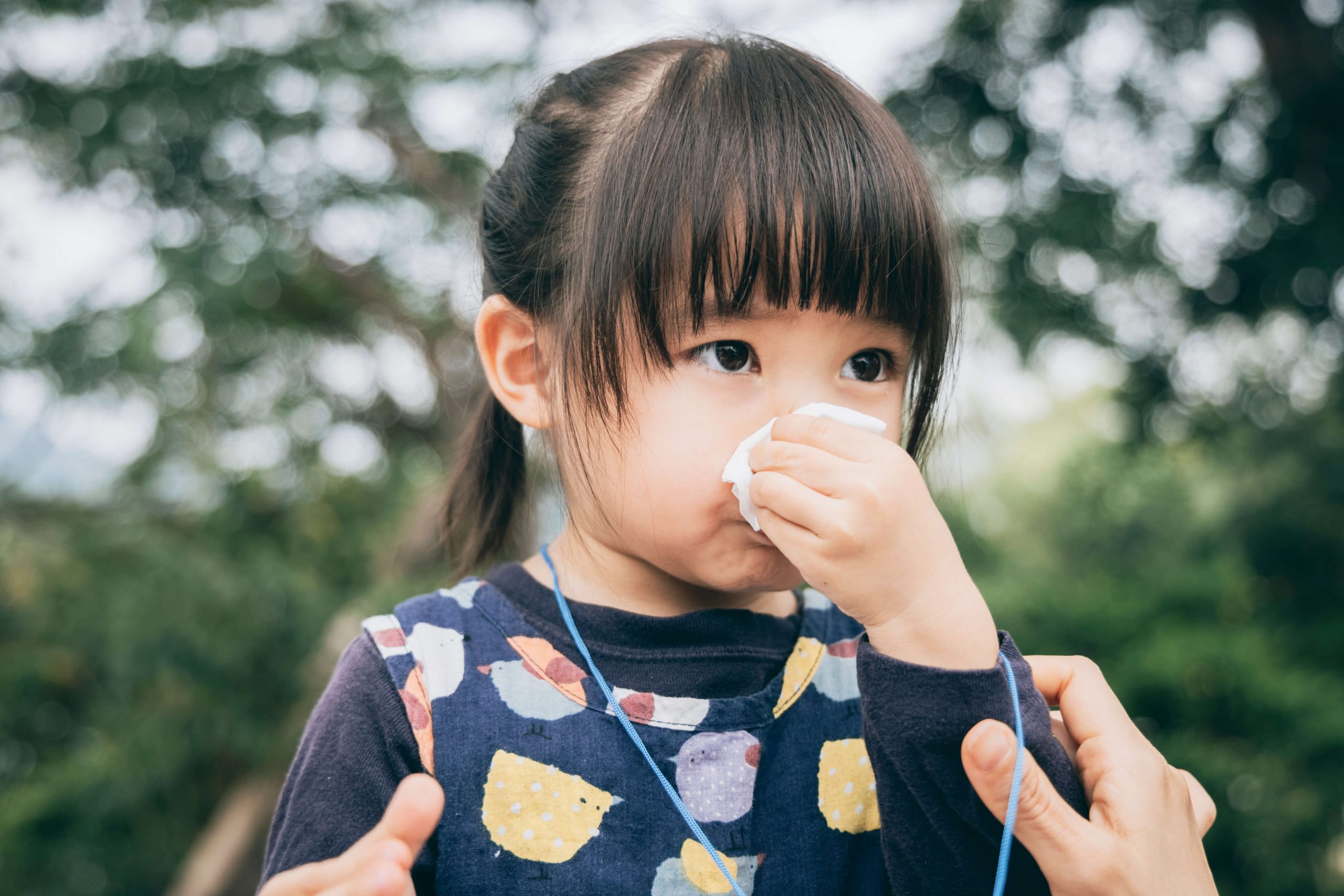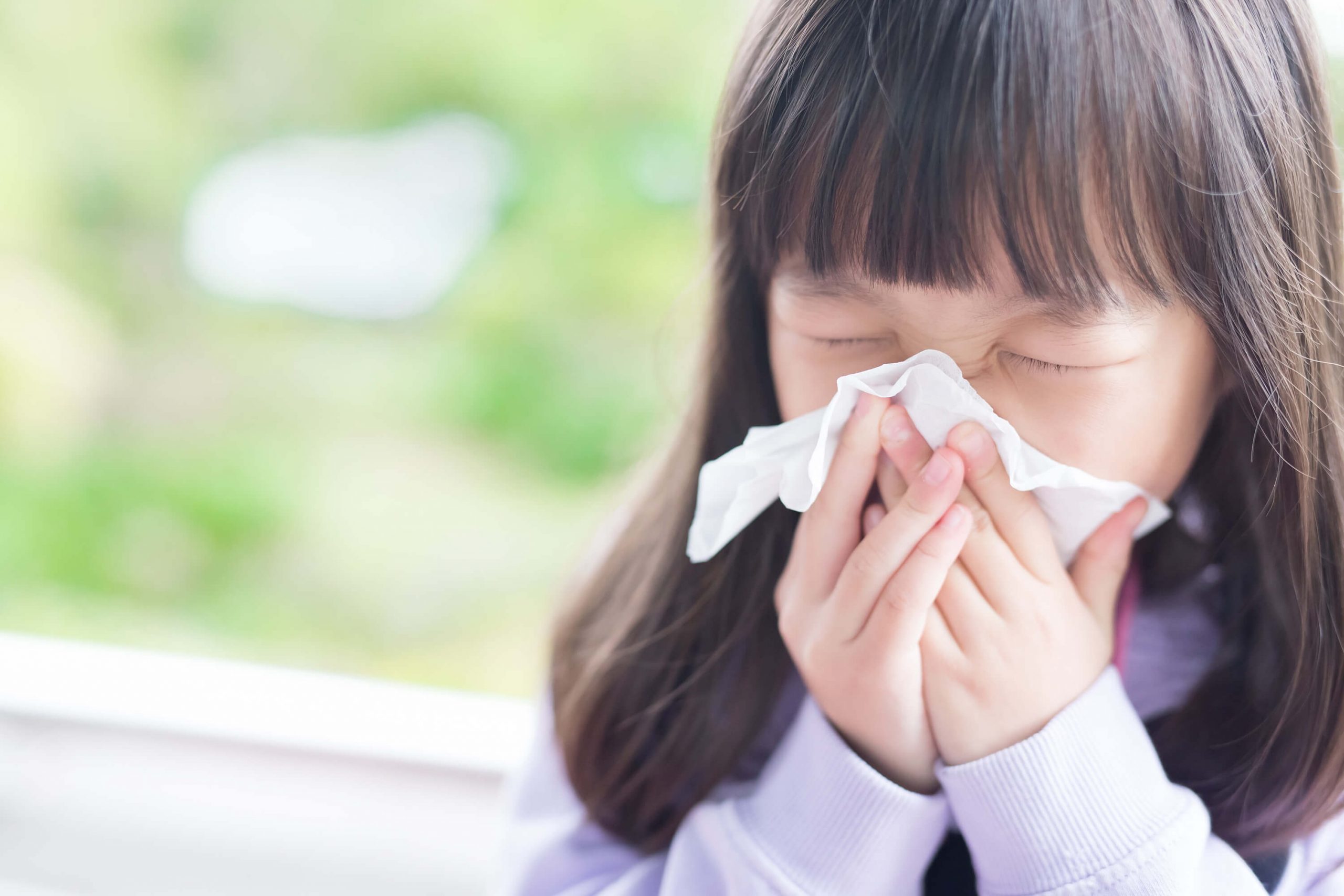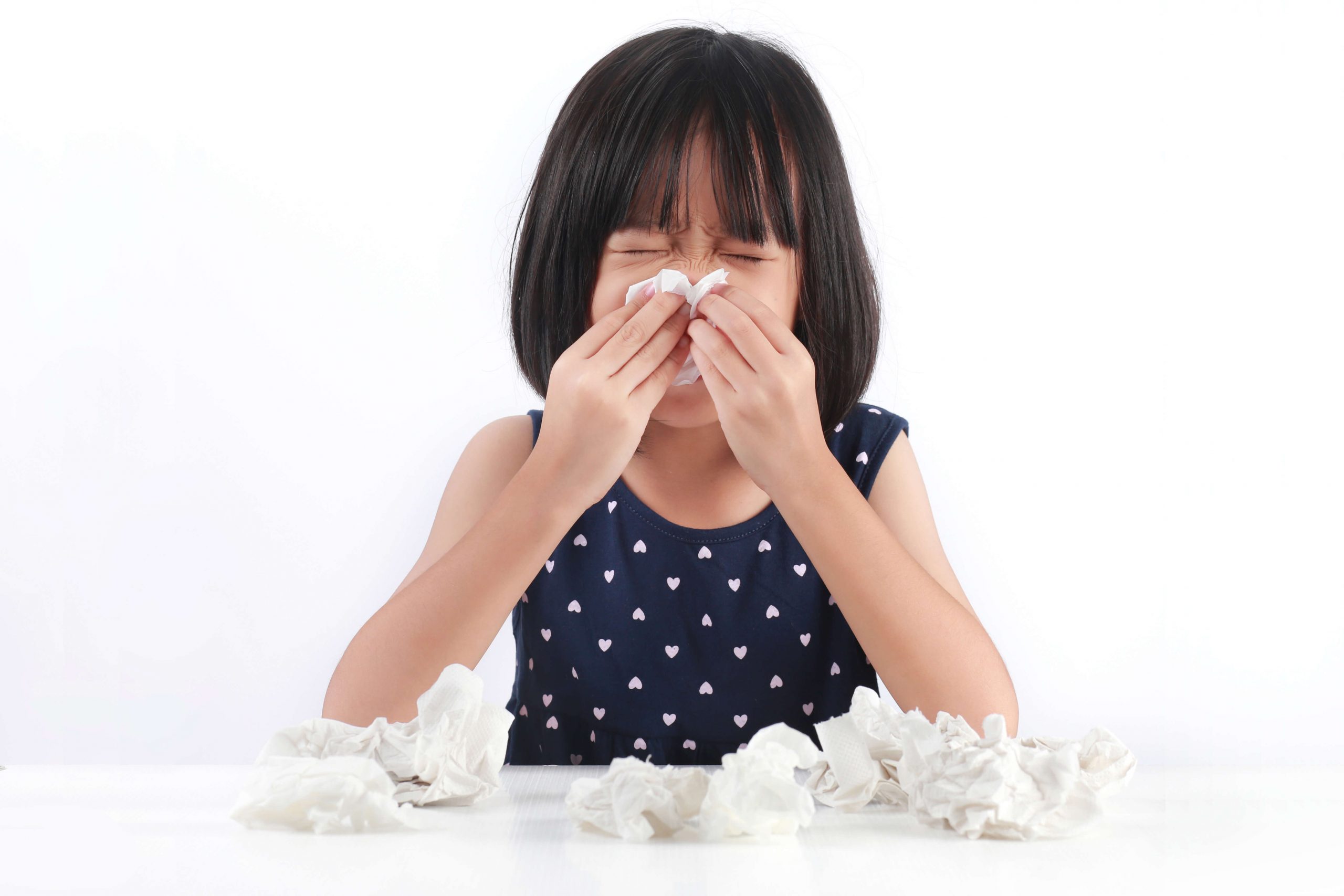Children & Parenting
Treating Nosebleeds in Children: Do's and Don'ts

A nosebleed is a condition in which blood vessels in the nose or throat rupture. The most common cause of a sudden, severe nosebleed in children is trauma to these areas. A nosebleed is also a fairly common symptom of many different conditions.
As parents, it can be scary to see your child having a nosebleed. However, in most cases, nosebleeds in children are short-lived and rarely serious. Read on to learn more about the do’s and don’ts of treating nosebleeds in children.
What Causes Nosebleeds in Children?
A number of factors can cause nosebleeds in children, including:
- Trauma to the nose or throat, such as from falling on a hard surface. This is the most common cause of sudden severe nosebleeds in children.
- Premature birth
- Dry nasal passages due to allergies or poor humidity
- Allergies that produce fluid build-up (such as allergy to pollen)
- An oversupply of blood vessels in the nose or throat
- Frequent use of nasal decongestants
In some rare cases, chronic nosebleeds in children can be caused by a blood clotting disorder or other medical conditions like blood disorders and nasal infections.
What To Do When a Child Has a Nosebleed
In most cases, nosebleeds in children are no cause for alarm but you will need to understand what to do when it happens. You should:
- Have your child sit down and relax
- Have them lean slightly forward to avoid swallowing blood.
- Put a handkerchief or some tissues between his/her nose and lips, so that the blood doesn’t go into his/her mouth.
- Pinch your child’s nose (right below the nose bridge)to apply pressure on both sides of the nose for at least 5 minutes or until bleeding stops. You can also cover your child’s nostrils with sterile gauze pads if you have them available.
- Get your child to breathe through their mouth
Ensure your child does not pick or blow their nose once the bleeding has stopped.
If you don’t know what’s causing the nosebleed and it persists for more than 20 minutes or if anything seems unusual about the nosebleed (e.g. bright red blood), then you should seek medical attention.
Other signs that your child’s nosebleed needs medical attention include:
- Pale skin colour
- Signs of shock, such as fainting or feeling dizzy
- Nosebleeds that happen for no apparent reason
- Repeated nosebleeds or chronic nosebleeds
What NOT to Do When a Child Has a Nosebleed
- Do not try to stop a nosebleed with something like salt water or vinegar, which may worsen the nosebleed.
- Do not tilt the child’s head backwards, as it will make them swallow blood.
- Do not press the nose bridge.
- Do not put a cold cloth on their nose, forehead, or back of the neck.
How to Prevent Nosebleeds in Children?
Most nosebleeds in children can be prevented without the need for medical treatment.
Here is what you can do:
- Keep your child’s nose dry and discourage them from picking or blowing their nose.
- If your child is experiencing allergies, have them take a decongestant nasal spray to help clear the nasal passage and prevent dryness.
- Make sure they don’t have allergies (i.e. allergy to pollen) that might cause mucus to accumulate in their nasal passages.
- Ensure the humidity level in your child’s room is at an appropriate level (40-60%).
- Keep your child away from any objects that can harm them, such as sharp toys or pencils
- Avoid using nasal decongestants for prolonged periods of time to keep the blood vessels in their nose open.
When to Consult a Paediatrician
Although most nosebleeds in children can be managed at home, there are instances where you’ll need to consult a paediatrician.
Speak to a paediatrician if:
- Nosebleeds are accompanied by signs of shock (such as fainting, dizziness or paleness)
- Nosebleeds persist even after the nose has been cleared of mucus and dried
- Your child is under one year old
- Bleeding is also present elsewhere in the body, such as in the mouth or gums
- There is an infection (pus) on either side of their nose
- Your child has had a head injury and may have suffered nasal damage.
Conclusion
Nosebleeds in children can be managed at home with the exception of a few cases where you should consult a paediatrician. The above do’s and don’ts should help you to manage your child’s nosebleed for cases that are not too serious.
Should your little one need medical assistance, our team of paediatricians is always available to offer advice and treatment for your child. Make an appointment or call our clinics to find out more.
Read this next ...
WHO WE ARE
About SOG Health Pte. Ltd.
Established in 2011, SOG Health Pte. Ltd. (“SOG”) is a leading healthcare service provider dedicated to delivering holistic health and wellness services to the modern family.
With a long and established track record in Singapore providing Obstetrics and Gynaecology (“O&G”) services such as pre-pregnancy counselling, delivery, pregnancy and post-delivery care, the Group has since further expanded its spectrum of healthcare services to include Paediatrics, Dermatology, and Cancer-related General Surgery (Colorectal, Breast & Thyroid).
The Group’s clinics, under its four operating segments of O&G, Paediatrics, Oncology and Dermatology, are strategically located throughout Singapore to provide easy access to its patients.
- Obstetrics
- Gynaecology
- GynaeOncology
- Breast, Thyroid & General Surgery
- Colorectal, Endoscopy & General Surgery
- Dermatology
- Paediatrics
Consult With A Specialist From SOG
Visit one of our specialists today to learn more about your health!
Recommended Specialists
Book An Appointment
Fill up this form and our clinic will get back to you shortly.
For general enquiries, please click here.




